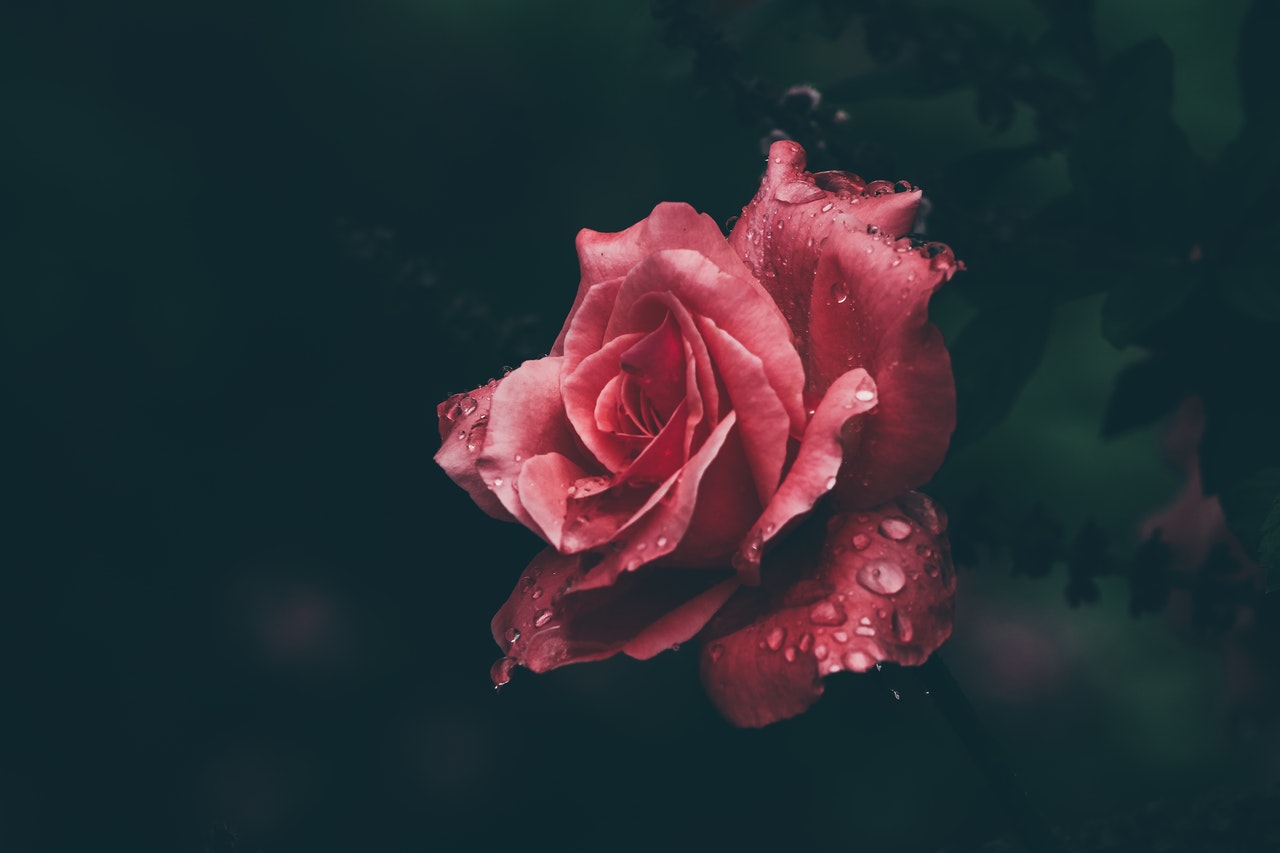What have you been working on most recently?
I have just published a new novel called “Moonstone – The Boy Who Never Was” about a sixteen year old gay kid living in Reykjavik in 1918. He’s an orphan, obsessed with cinema and a girl he sees as the double of the great French actress Musidora. When the Spanish flu epidemic hits the town, hundreds start dying and he finds himself in a new and challenging situation as a helper to one of the doctors.
Which piece(s) of your work are you most proud of—and why?
I like the clarity of “The Blue Fox”, the intensity of “From the Mouth of the Whale” and the wrong-headed comedy of “The Whispering Muse.” And I am very proud of my contribution to the film “Dancer in the Dark.”
How did the success of The Blue Fox affect your work?
It showed me that it is in the local history and stories of society that an author finds the strongest material. Before The Blue Fox I imagine there might be such a thing as the ‘global’ novel. Now I know that if you want to tell a truly universal story, you have to speak from the smallest platform. It has made me more courageous in bringing stories from my small country.
Do you have a set daily routine?
Yes, I go the same cafes each day, visit the bookshops or library and research on the internet, but when it comes to writing, I stay in a former fisherman’s hut on the south coast of Iceland. There I have a very strong regiment of work, food and sleep, so I can write 12 hours per day.
What is it about Reykjavik that inspires you and did you feel similarly inspired when living in London (or elsewhere)?
Reykjavik is home so gives comfort and peace, but it can become dull and predictable. It’s such a small city, there are times when I feel the city centre is just an extension of my living room. So occasionally, staying in London or Berlin has been important to me. It gives perspective and takes you out of your role as a known entity within your community. And there are more book shops, cafes and libraries to visit.
What role do you see for poetry in the present day or is it the same as it has always been?
The art of poetry is perhaps the most mysterious of all human activities. It is the most ‘useless’ thing a man can do, the most unprofitable and most difficult to explain to others why you can’t help doing it. And still a new poet is born every day. There is immense hope in that.
We understand you’re a big fan of Bowie. What did you think of his latest (surprise) album?
It’s a bit too nostalgic at times but I think Bowie was right to allow us to join him on his journey to his past selves, and therefore to our past as teenagers who did everything to merge with the amazing imagination and emotional power.





